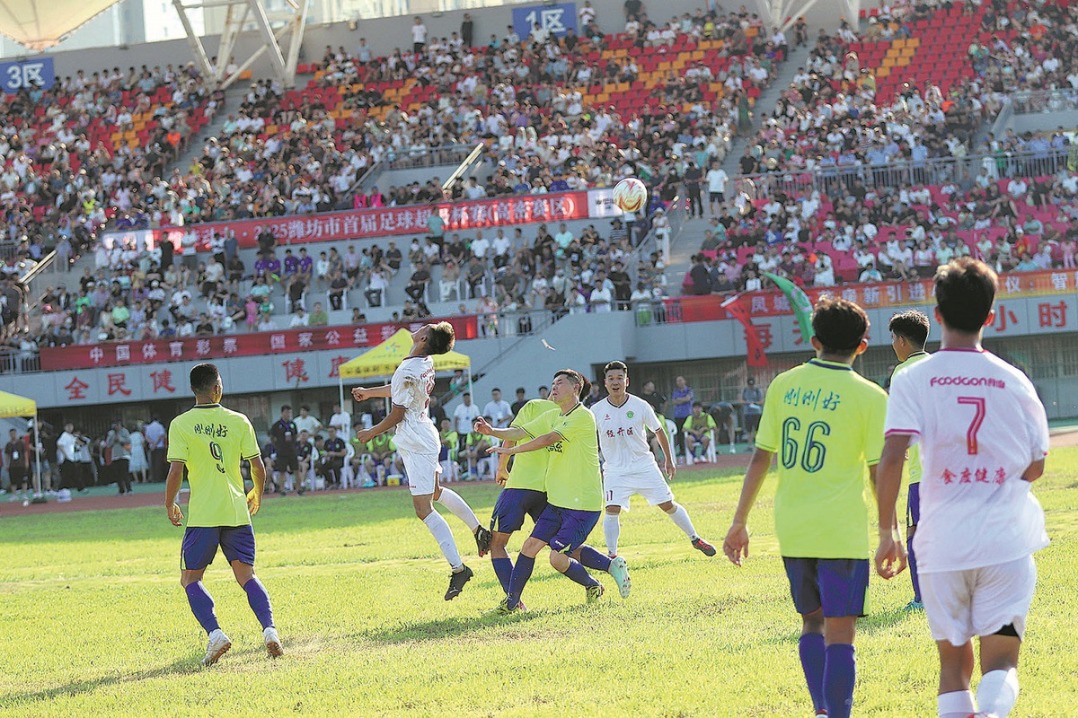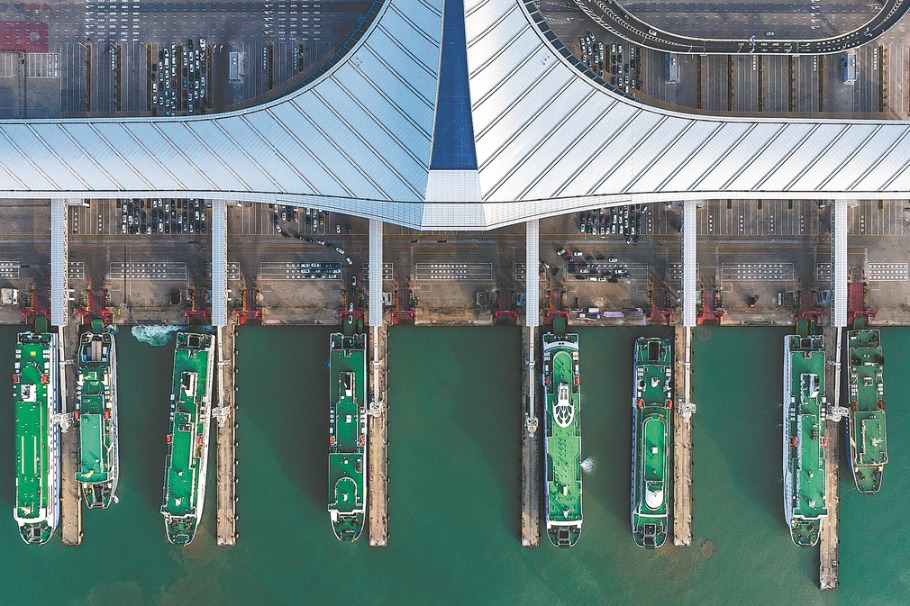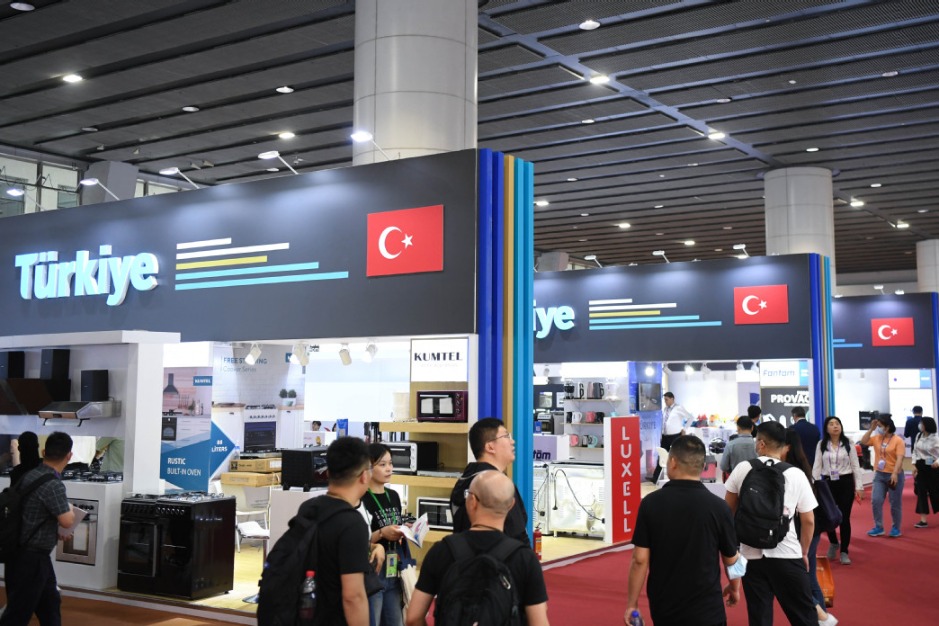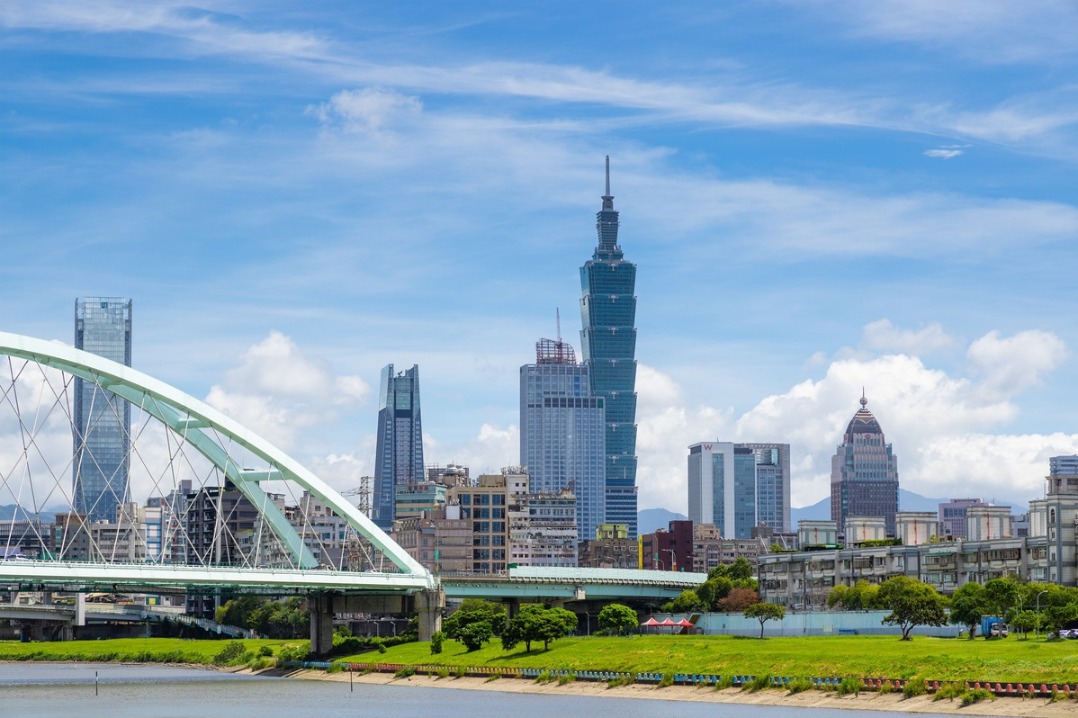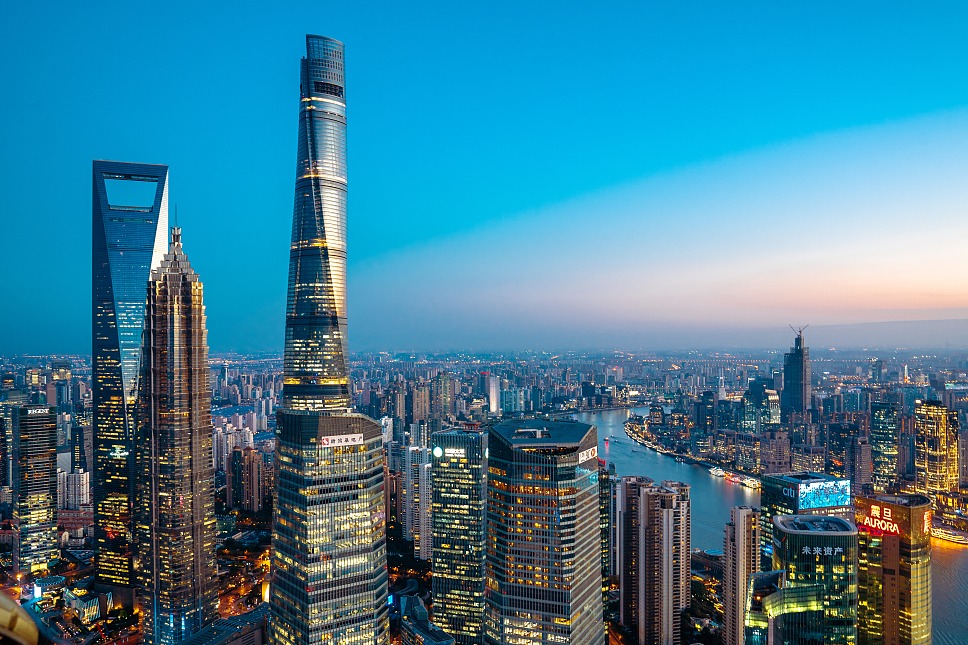Pathfinder partners
Charting a new course for peace and development in an uncertain world

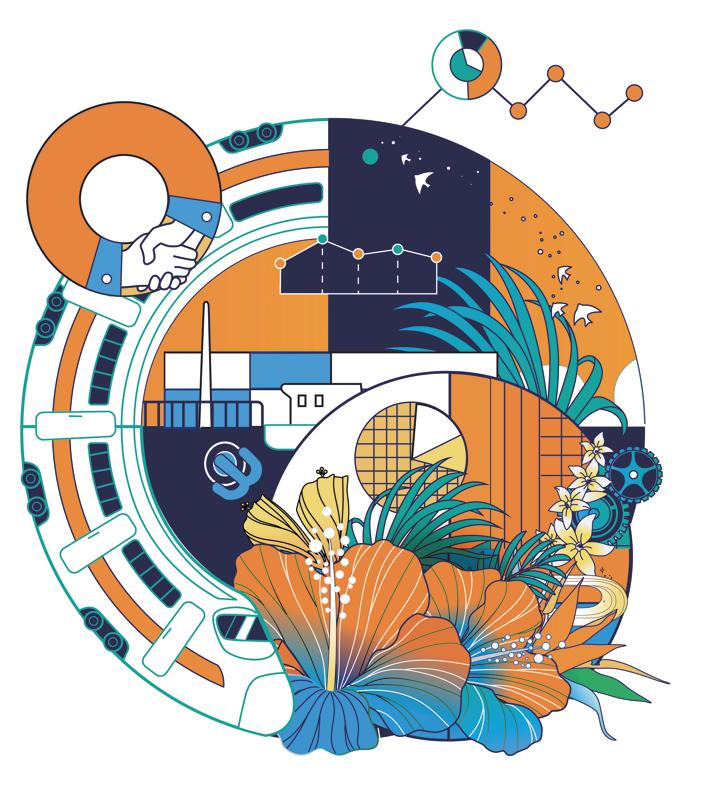
This year marks the 80th anniversary of the victory in the Chinese People's War of Resistance Against Japanese Aggression (1931-45) and the global triumph in the World Anti-Fascist War. That moment in history, shaped by sacrifice and resilience, laid the foundation for a new international order rooted in peace, sovereignty and multilateral cooperation. It gave rise to institutions such as the United Nations and the Bretton Woods system, as well as other global frameworks that have underpinned decades of relative stability and economic growth. But eight decades later, the world finds itself at another critical juncture.
Deep fractures have emerged in the global architecture painstakingly constructed after 1945. The rise of unilateralism, intensifying strategic rivalries, deglobalization and economic nationalism have challenged the core assumptions of globalization. The Ukraine crisis and escalating climate emergency have further destabilized a system once thought to be resilient. In this context, the lessons from 80 years ago have never been more pertinent.
The post-World War II international order was designed to prevent a return to global conflict. Yet today, its effectiveness is increasingly questioned. Multilateral institutions are struggling to adapt to new geopolitical realities. According to the Global Peace Index 2025, global peacefulness has declined for the 13th consecutive year, driven by heightened political instability, civil unrest and regional conflicts. And trust in multilateral bodies, such as the UN, is waning.
Deglobalization is accelerating along with growing fragmentation in supply chains and a shift toward reshoring or "friendshoring" of critical industries. While these shifts may address national security concerns, they risk undermining the interdependence that has helped prevent large-scale conflict for decades. Yet within this structural shift lies an opportunity to shape a fairer, more inclusive global order that aligns with the dynamics of a multipolar world.
History shows that peace is not a default condition; it must be actively cultivated through cooperation and mutual understanding. The voices of the Global South, long underrepresented in shaping the postwar order, must now be empowered in global governance. Emerging economies such as China, Indonesia, India, Brazil and South Africa are increasingly asserting their influence, pushing for reforms in institutions such as the International Monetary Fund, the World Bank and the UN to better reflect 21st century power dynamics.
Indonesia, as the world's fourth-most populous nation and Southeast Asia's largest economy, has long prioritized diplomacy over division. Its "bebas-aktif"(independent and active) foreign policy continues to guide its constructive engagement on global platforms. Indonesia's roles in the G20, the Association of Southeast Asian Nations and BRICS underscore its growing stature as a bridge-builder across geopolitical divides.
China, the world's second-largest economy and a central player in shaping the current multipolar landscape, holds a vital role in advancing global prosperity. Its evolution from a war-ravaged nation to an economic powerhouse is among the most remarkable postwar transformations.
From Indonesia's standpoint, China's contributions to infrastructure, trade and regional connectivity have been substantial. The Belt and Road Initiative, now in its second decade, has facilitated over 3,000 cooperative projects across various countries. In Indonesia, landmark undertakings such as the Jakarta-Bandung High-Speed Railway, operational since October 2023, embody a shared vision of connectivity and modernization. The railway has cut travel time between the two cities from over three hours to just 40 minutes, delivering economic spillovers to surrounding areas.
Trade between the two countries is robust. In 2024, bilateral trade reached$147.8 billion. China has been Indonesia's top trading partner for over a decade. Major exports such as nickel, coal, palm oil and rubber have helped sustain Indonesia's global trade surplus while supporting efforts toward industrial upgrading and a shift to clean energy.
China is also a major source of foreign direct investment. In 2024, Chinese FDI in Indonesia totaled approximately $8.1 billion, with investments concentrated in green energy, downstream mining, manufacturing and digital infrastructure. These sectors align closely with Indonesia's strategy to advance within the global value chain.
On regional security, both countries have maintained open diplomatic channels, prioritizing pragmatic engagement and conflict avoidance.
China's model of development cooperation, particularly through South-South cooperation, offers an alternative to traditional Western aid paradigms.
As we commemorate the 80th anniversary of the victory in the World Anti-Fascist War, the most meaningful tribute we can offer is to protect the peace that so many fought for. Three principles should guide our efforts. First, multilateralism must be strengthened rather than dismissed. Postwar institutions require reform rather than rejection. Indonesia's calls for UN reform, fair climate financing and inclusive trade rules, including changes to the World Trade Organization, reflect the aspirations of many developing countries. Platforms such as the G20 and BRICS, now with broader membership, can serve as drivers of collective and cooperative solutions.
Second, development must be equitable and sustainable. Economic growth must be inclusive and climate-resilient. Southeast Asia is already experiencing severe climate impacts, including rising sea levels and food insecurity. Joint initiatives between China and ASEAN in green infrastructure, renewable energy and sustainable agriculture could serve as a cornerstone for the region's resilience.
Last, history must serve as a guide, not as a weapon. The legacy of World War II should be a force for unity rather than division. Historical memory should inspire mutual respect, not justify confrontation. Only by acknowledging shared suffering and common achievements can nations build a lasting peace.
Eighty years later, humanity once again stands at a crossroads. Amid uncertainty lies opportunity. Indonesia and China, two nations with distinct histories, growing influence and shared interests have the potential to help shape a more just peaceful, and prosperous global future.
By defending multilateralism, championing inclusive development and promoting mutual respect, the world can honor the sacrifices of the past not merely through remembrance, but through action. While peace and prosperity are not assured, they can be achieved through vision and cooperation.
The author is an assistant professor at the Faculty of Economics and Business at the Indonesian International Islamic University and a member of the advisory board at the Reform Initiatives, Indonesia. The author contributed this article to China Watch, a think tank powered by China Daily. The views do not necessarily reflect those of China Daily.
Contact the editor at editor@chinawatch.cn.
















